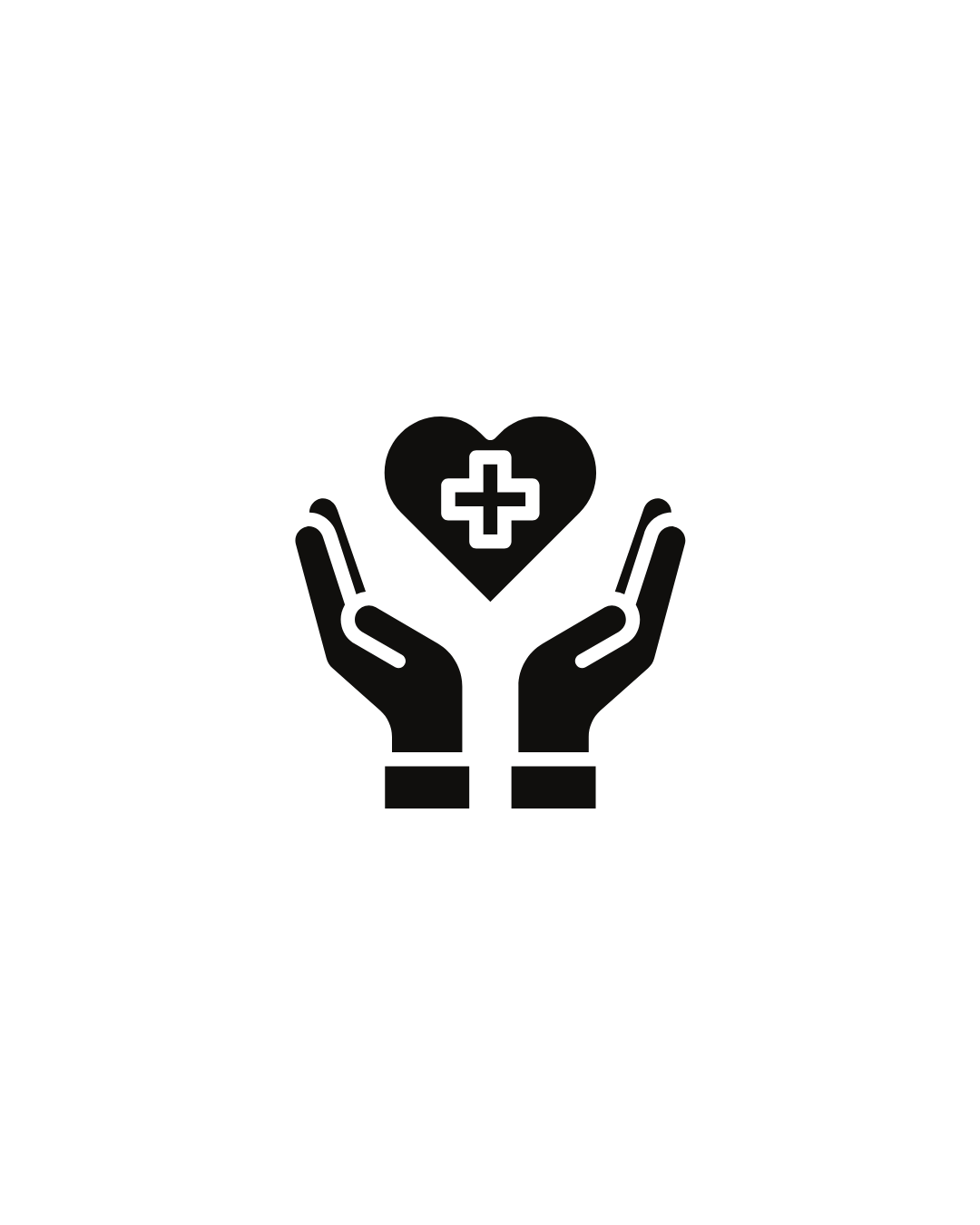Description
An Advanced Diploma in Health Care is a comprehensive program designed to prepare students for various roles within the health care industry. This program covers a range of topics, including patient care, medical terminology, health policy, and health care management. Graduates are equipped with the necessary skills to work in various health care settings, from hospitals to community health organizations.
Course Details:
Duration: Typically 1 to 2 years, depending on the institution and the specific focus of the program.
Eligibility: Candidates usually need to have completed higher secondary education (12th grade) or have relevant work experience in health care. Some institutions might also require specific prerequisites in science or health-related subjects.
Mode of Study: Offered in full-time or part-time formats, incorporating classroom instruction, hands-on training, and clinical placements.
Curriculum:
The curriculum for an Advanced Diploma in Health Care generally includes the following key areas:
1. Introduction to Health Care Systems
Overview of Health Care Delivery:
Understanding different health care systems, including public and private sectors.
Health Policy and Regulation:
Introduction to health policies, regulatory frameworks, and the impact on health care delivery.
2. Medical Terminology
Understanding Medical Language:
Learning key medical terms, anatomy, and physiology to communicate effectively in health care environments.
3. Patient Care and Support
Basic Patient Care Skills:
Training in essential patient care techniques, including hygiene, mobility assistance, and basic first aid.
Communication Skills:
Developing effective communication and interpersonal skills to interact with patients, families, and healthcare teams.
4. Health Promotion and Disease Prevention
Public Health Principles:
Understanding concepts in health promotion and disease prevention.
Community Health Programs:
Exploring initiatives aimed at improving community health outcomes and promoting healthy lifestyles.
5. Clinical Practice and Work Placement
Hands-On Clinical Experience:
Engaging in practical placements in health care settings to gain real-world experience.
Application of Skills:
Applying theoretical knowledge in patient care, diagnostics, and health assessments during clinical rotations.
6. Health Care Ethics and Law
Ethical Considerations:
Understanding ethical principles and dilemmas in health care.
Legal Issues in Health Care:
Overview of laws and regulations governing health care practices, patient rights, and confidentiality.
7. Health Care Management and Administration
Leadership in Health Care:
Exploring management principles and leadership skills relevant to health care settings.
Operational Management:
Learning about health care operations, budgeting, and resource management.
8. Mental Health and Psychological Wellbeing
Understanding Mental Health:
Introduction to mental health issues, support strategies, and the importance of psychological wellbeing in health care.
9. Capstone Project or Research
Final Project:
Engaging in a research project or capstone experience that focuses on a specific area of interest within health care, demonstrating learned skills and knowledge.
Assessment:
Assessment methods in this program may include:
Practical Evaluations:
Hands-on assessments during clinical placements to evaluate patient care and technical skills.
Written Exams:
Tests to assess knowledge of medical terminology, health care concepts, and ethical considerations.
Group Projects and Presentations:
Collaborative projects focusing on health care topics to enhance teamwork and presentation skills.
Career Opportunities:
Graduates of the Advanced Diploma in Health Care can pursue various career paths, including:
Healthcare Assistant: Supporting health care professionals in providing care to patients.
Administrative Support in Health Care: Managing office tasks, medical records, and patient scheduling in health facilities.
Patient Care Coordinator: Assisting in coordinating patient care and services across different departments.
Health Promotion Officer: Developing and implementing health promotion and education programs in communities.
Community Health Worker: Working in community settings to provide health education and support services.
This advanced diploma program is ideal for individuals dedicated to making a difference in the health care field, providing quality care, and advocating for patients? health and well-being. If you have any further questions or need more information, feel free to ask!









